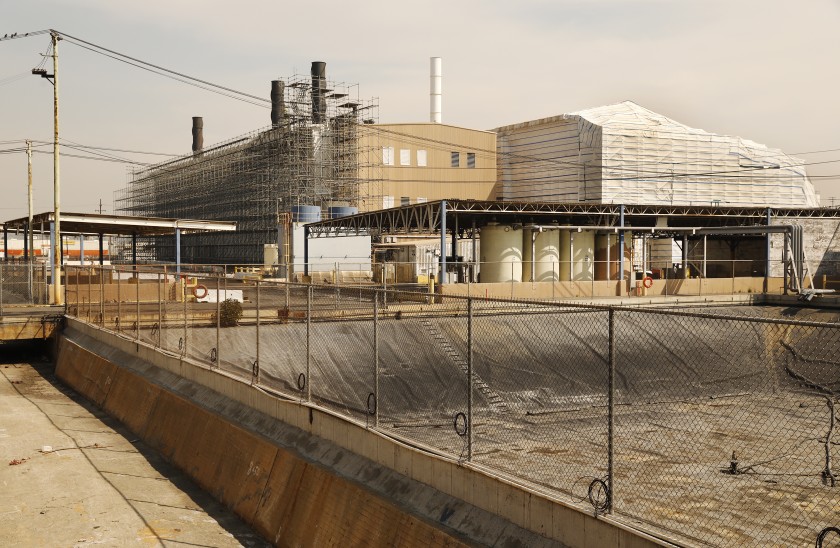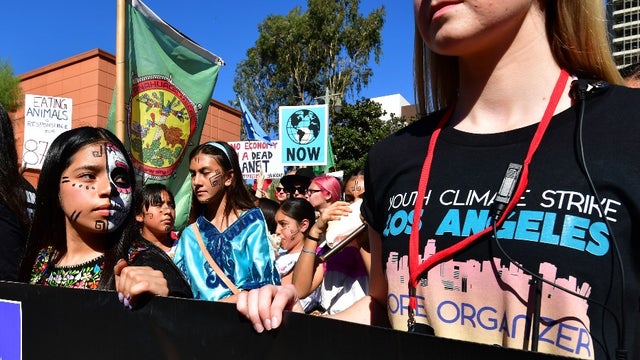Supreme Court nominee Judge Amy Coney Barrett testifies before the Senate Judiciary Committee on the third day of her confirmation hearings on October 14 in Washington, DC. (Jonathan Ernst-Pool / Getty Images) During her Supreme Court confirmation hearing, Amy Coney Barrett depicted herself as an impartial legal arbiter whose personal views have no bearing on her court rulings.
She made this argument most explicitly when she insisted: “I don’t think that my views on global warming or climate change are relevant to the job I would do as a judge.” This facile line may seem convincing — Vox ’s climate writer David Roberts echoed it, asserting that “ACB’s views on climate change really don’t matter” because what only really matters is her views of regulatory agencies’ legal authority.
That’s one helluva “well, actually” argument, but actually no: A past case tells a much different story. It illustrates exactly how justices’ personal views of climate science can determine what facts they accept — and do not accept — when they interpret the law.
Sure, Barrett spent the hearings touting her alleged objectivity, but her own answers about science illustrated deep and disqualifying bias. What Happens When Another Massachusetts v. EPA […]


Add a comment






